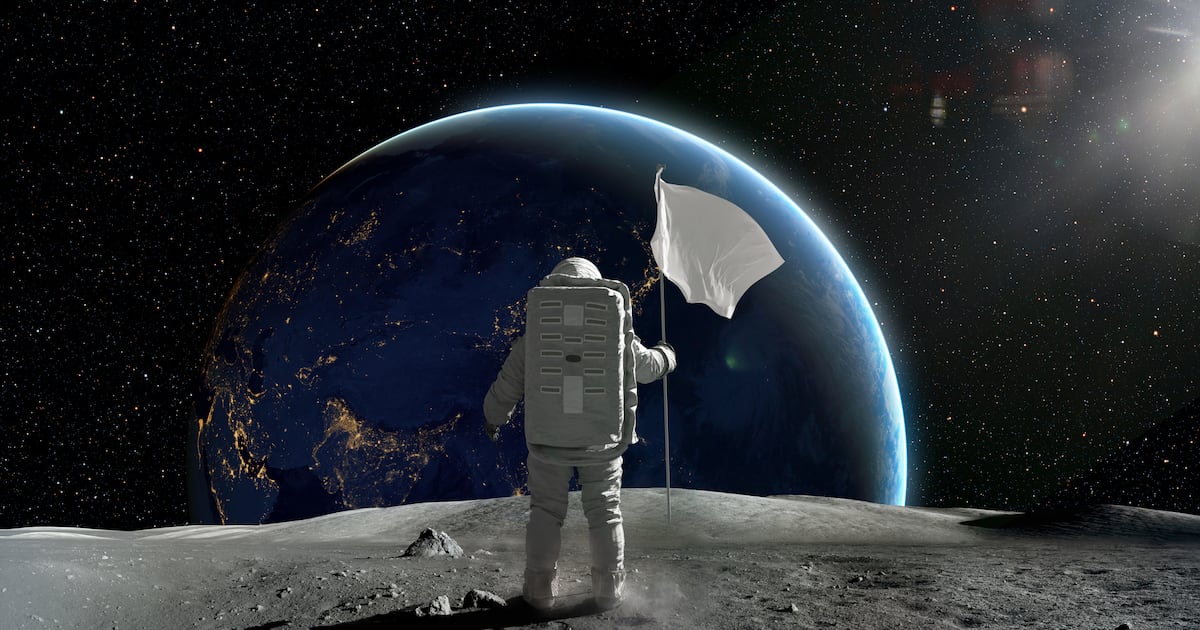“The stress-protective potential of consuming dietary prebiotics extends to environmental stressors such as altered gravity, and, potentially, spaceflight,” wrote researchers from the University of Colorado Boulder and Loma Linda University.
Altered gravity during spaceflight negatively affects the gut microbiome, immunity, red blood cells and lung function. Previous studies indicate that spaceflight alters markers such as red blood cell distribution width, a clinical measure to assess potential disease states. Still, the current researchers noted that less is known about the specific effects on the microbiome.
Evidence suggests that dietary prebiotics may attenuate the adverse effects of sleep deprivation, traumatic stress and psychosocial stressors. Therefore, the researchers aimed to explore the potential of prebiotic supplementation in the environmentally stressful situation of spaceflight and hypergravity exposure.
The findings indicated positive effects in mice exposed to hypergravity, leading the researchers to suggest that “optimizing a stress-protective gut microbial community, both before and during spaceflight exploration, could mitigate the negative effects of stress exposure, including altered gravity, on the gut microbial community structure and host health.”
Study details
The researchers studied 40 female mice because NASA primarily sends female mice into space due to weight constraints during spaceflight.
The mice consumed a control diet or a prebiotic diet containing galactooligosaccharides (GOS) and polydextrose (PDX) for four weeks before being exposed to three times he gravitational force of Earth (3g) for an additional four weeks.
The researchers found that the prebiotics helped to counteract the harmful effects on the microbiome caused by altered gravity.
Additionally, the prebiotics reduced the neutrophil-to-lymphocyte (NLR) ratio, a measure of inflammation. The study notes that a higher NLR “has been associated with mortality, the severity of stroke, post-stroke complications and MS patients in relapse.”
Dietary prebiotics also increased red blood cell distribution width (RDW-CV), a measure to assess potential disease states. The study noted that a higher RDW-CV is associated with negative health outcomes, but the mice levels were not in a pathological range, adding that “3g exposure reversed this prebiotic diet-induced increase.”
“Importantly, the prebiotic diet prevented the impacts of altered-gravity on β-diversity and the bloom of problematic genera, such as Clostridium_sensu_stricto_1 and Turicibacter,” the researchers wrote, noting that these bacteria are linked to colorectal cancer.
“These data further support that exposure to 3g can be detrimental to components of the host physiology and that dietary prebiotics represent an effective, efficient and low-cost means of mitigating some of the adverse effects of exposure to altered gravity, and possibly spaceflight, on host health.”
They called for further research to determine the underlying causes of the observed effects.
Source: Nutrients 2025, 17(15), 2417. doi: 10.3390/nu17152417. “A Prebiotic Diet Containing Galactooligosaccharides and Polydextrose Attenuates Hypergravity-Induced Disruptions to the Microbiome in Female Mice”. Authors: R. S. Thompson et al.
